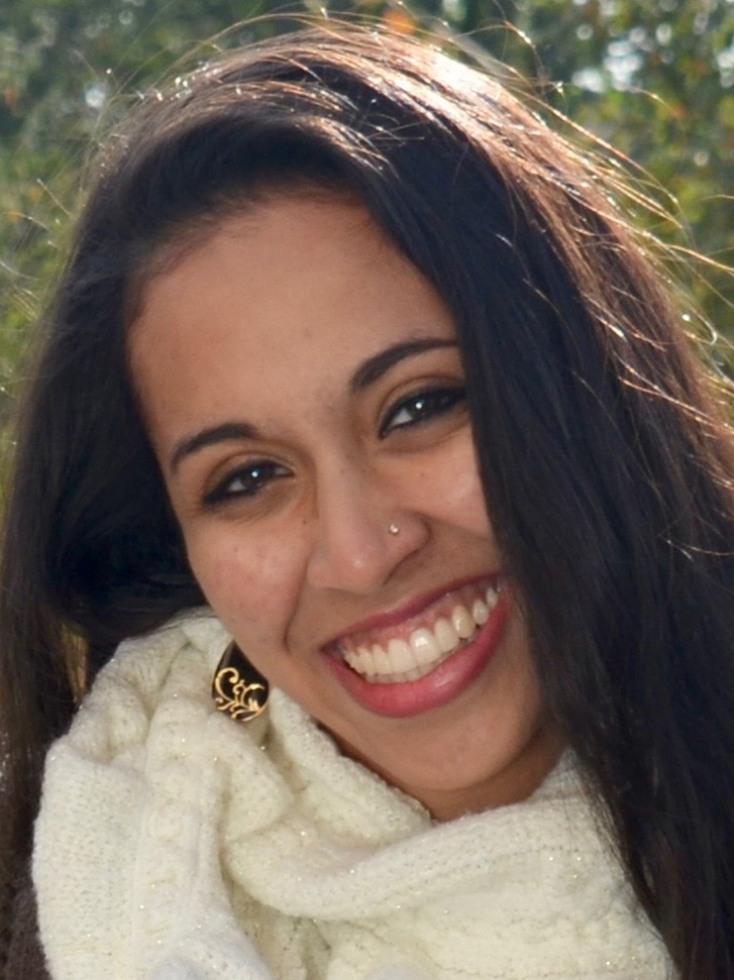PROVIDENCE, R.I. [Brown University] — For Fulbright winner Tara Srinivas, the second time was the charm.
The Class of 2020 Brown graduate first applied to the flagship international fellowship program during her senior year, with the hope of conducting neurodevelopment research at the Josep Carreras Leukaemia Research Institute, a cutting-edge research center located outside of Barcelona, Spain. She was successful, but the COVID-19 pandemic put a wrench in her plans: Because of international travel restrictions and public health protocols, her fellowship period would be cut from the typical year to just five months.
“I just knew that I wouldn’t be able to get my research project done in that time,” Srinivas said.
Without the option to defer, Srinivas took a gamble. She turned down the award, proposed the same project for the 2021–22 cycle, and crossed her fingers while embarking upon a master’s in physiology, development and neuroscience at the University of Cambridge in the U.K.
The wait was nerve-wracking, but Srinivas’s risk paid off when she was named a winner, once again, this spring.
“It’s surreal that it’s finally happening,” she said. “I’m beyond happy.”
At the institute, Srinivas will use patient-derived stem cells to study the role that epigenetic factors — elements (in this case, RNA molecules) that influence the expression of genes without altering their DNA sequences — play in Rett syndrome, a rare neurodevelopmental condition that affects brain development.
“There’s so much left to explore in epigenetics,” Srinivas said. “My hope is that using it to study Rett syndrome will contribute to our understanding of the condition and help researchers develop new therapies, if needed and desired by patients.”
